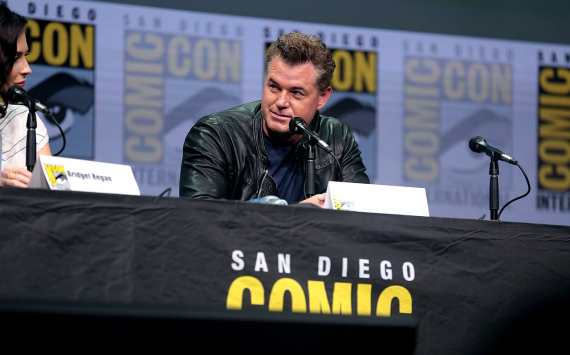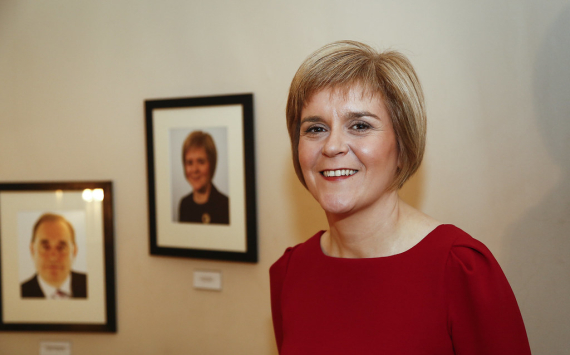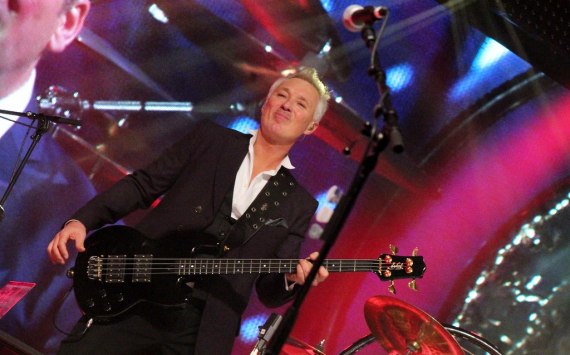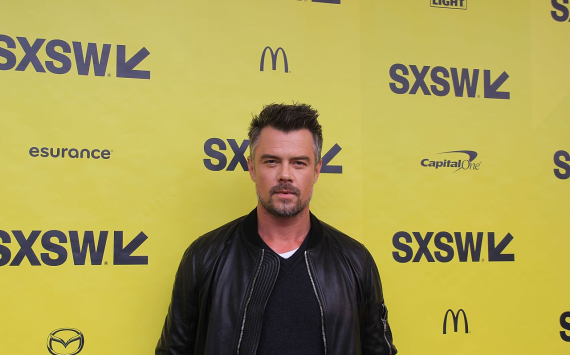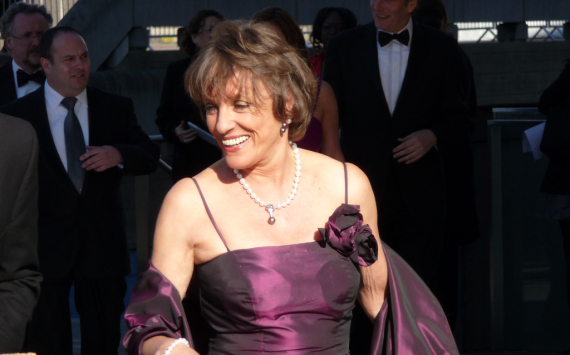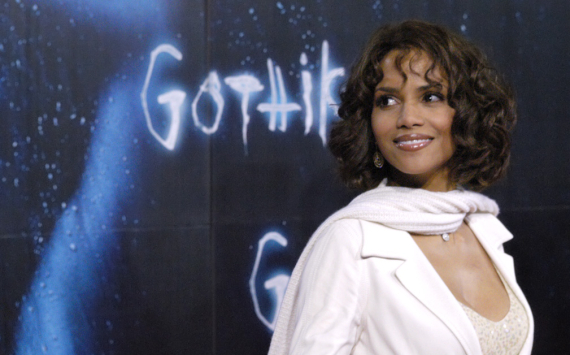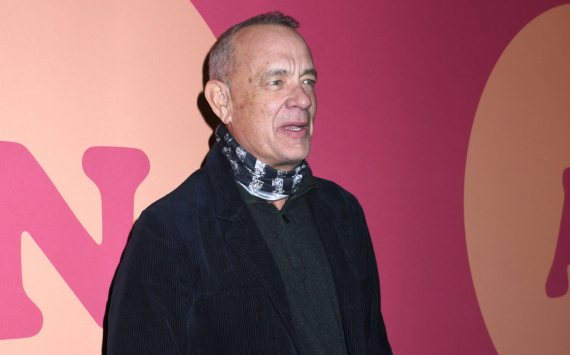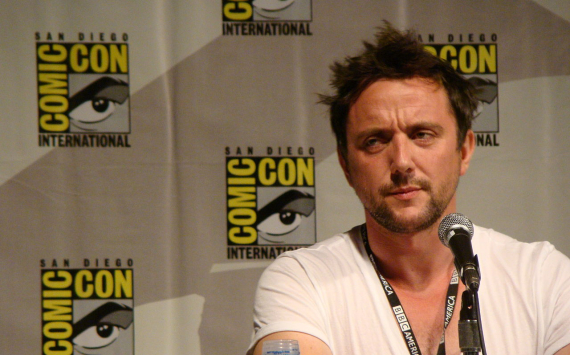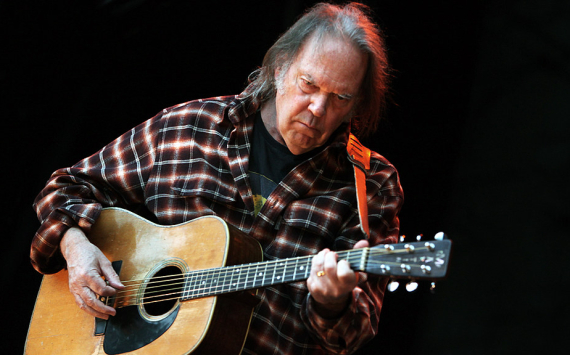
Legend vs. The System
Neil Young’s relationship with Glastonbury Festival has taken another twist. The 79-year-old Canadian singer-songwriter, once tipped to headline the iconic event this year, confirmed the speculation on his website — but not without controversy. Initially, Young dashed fans’ hopes, citing concerns over corporate influence.
“We were told that BBC was now a partner in Glastonbury and wanted us to do a lot of things in a way we were not interested in,” he stated. “It seems Glastonbury is now under corporate control and is not the way I remember it being.” Yet, in a dramatic turn just two days later, Young revealed the misunderstanding had been resolved, and his 2025 performance was back on the cards.
This incident has reignited debates about the corporatization of Glastonbury. Modern festivals of this scale inherently involve corporate partnerships; the sheer logistics demand it. Glastonbury’s collaboration with the BBC, which provides extensive coverage across TV and online platforms, is a case in point. Last year, the broadcaster released over 90 hours of footage, reaching more than 20 million viewers — a testament to the partnership’s mutual benefits. While some argue this compromises the festival’s integrity, it undeniably expands access to those unable to attend.
The juxtaposition of accessibility and commercialism is at the heart of Glastonbury’s evolution. Critics lament rising ticket prices and the erosion of its hippy-era ethos, but these changes reflect broader industry trends and the growing expectations of festivalgoers. Even Neil Young, a symbol of countercultural idealism, has had to adapt. His 2022 Spotify boycott over Joe Rogan’s controversial podcast eventually ended, driven by the practicalities of ensuring his music remained accessible.
For artists like Young, reconciling ideals with modern realities is a delicate balance. The Glastonbury of the past — a bastion of anti-commercialism — is gone. But the festival’s current form, shaped by compromise and pragmatism, still offers moments of magic. For fans of Young and live music, the fact remains: a Glastonbury performance by the legendary musician, whether live or broadcast, is a cultural event worth celebrating.




